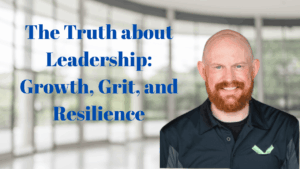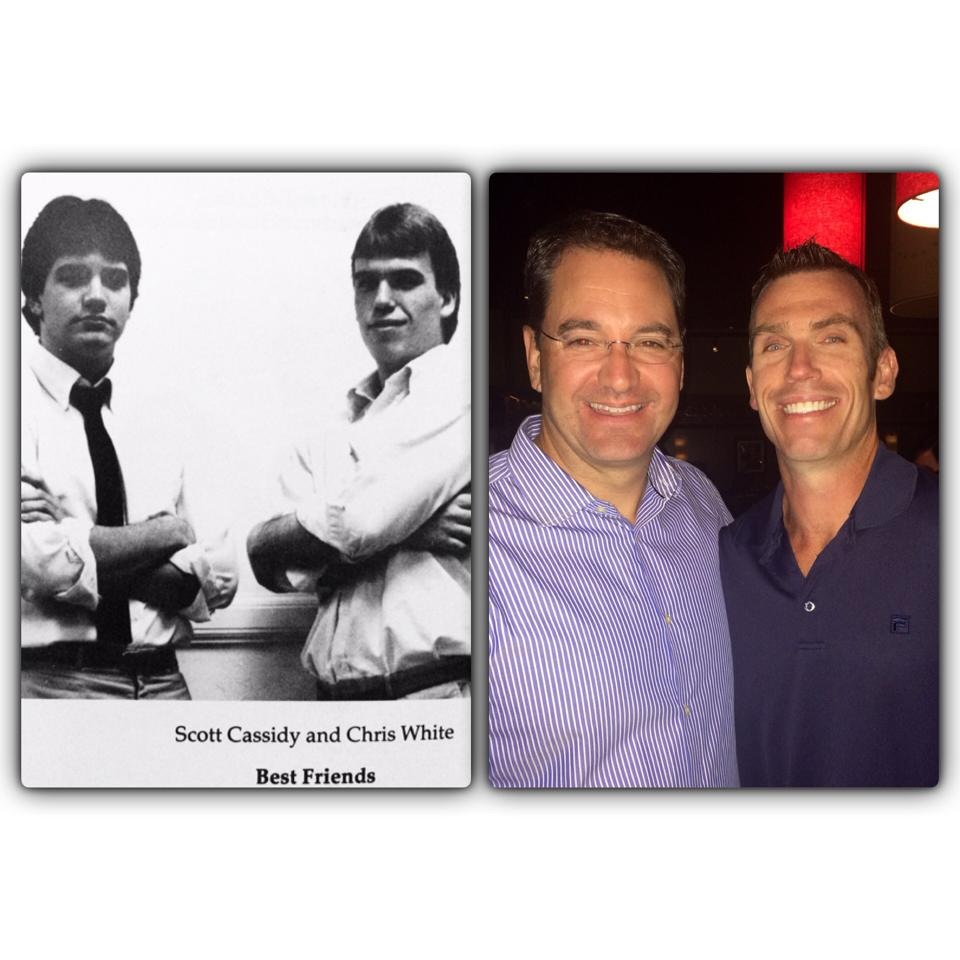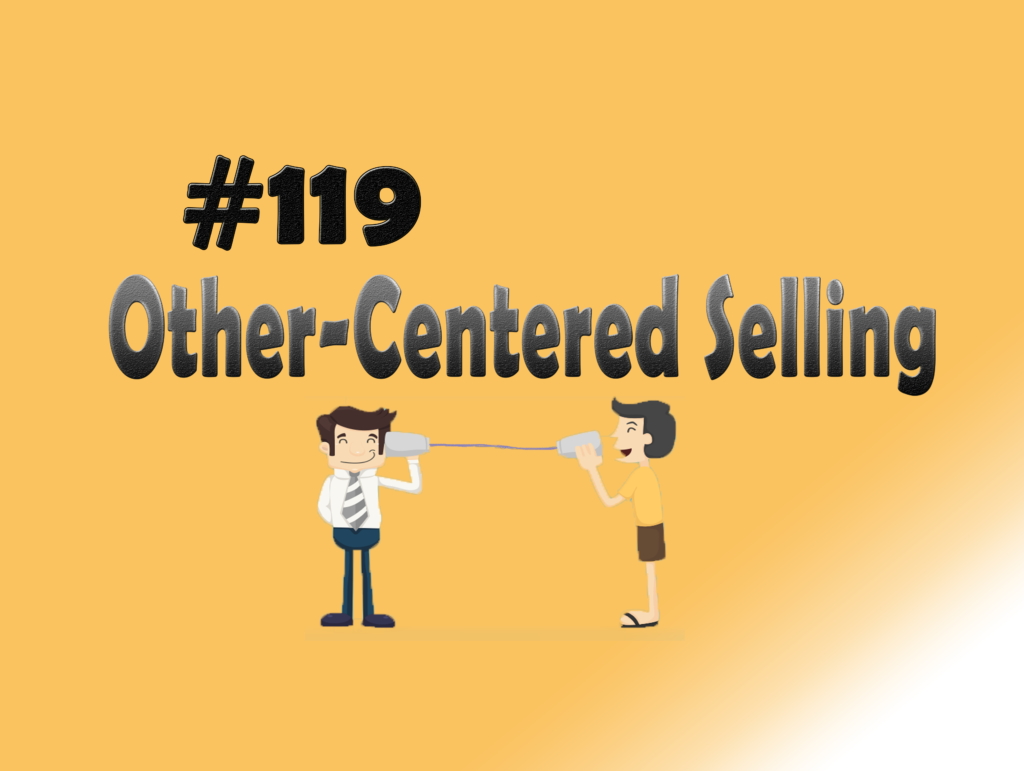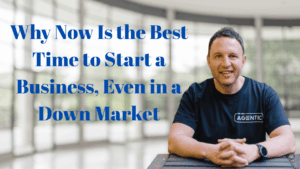
We’re excited about today’s show because we actually have a repeat guest with us along with a new guest, and this episode is packed with so many great takeaways about a concept called OCS (which is the title of this episode), putting others’ needs before our own, dropping the rope, and providing value and service before selling. Our guests share their valuable insights on relationships between account executives, system engineers, and sales leaders as well.
Scott Cassidy is the VP of Aslan Training & Development, a sales company that’s been around since 1996, specializing in helping inside sales reps, sales leaders, and they’ve been helping some of the largest companies from a customer service perspective to some of the largest financial firms.
This is Chris White’s fourth appearance on our show, and we’re very glad to welcome him back. He’s the author of the book Six Habits of Highly Effective Sales Engineers and runs a sales training company called Demo Doctor and is also a certified ASLAN instructor as well.
Scott and Chris have known each other for about 36 years and fun fact: They were even voted best friends back in high school. After a couple of years of losing contact, they reignited their friendship several years back and are now great working colleagues.
Key Takeaways
Jump into the show and learn about:
- Why a lot of companies struggle to understand why their sales engineers aren’t more comfortable and better at sales even when they undergo sales training
- And why Chris thinks there is a need for SEs to undergo OCS-based training
- What other-centered selling (OCS) is all about and why it’s the foundation Aslan is based on
- Why sales reps often get a bad rep (or the negative connotations associated with being a salesperson) and what we can do to fix that
- The servant salesmanship mindset
- How everyone can actually benefit from an OCS or other-centered approach, whether you’re in the sales profession or not
- Putting someone else’s needs before your own and the concept “Drop the Rope”
- How can you change a salesperson’s mindset from “I wanna sell, sell sell” to “serve, serve, serve”?
- Trying to understand the problems their customer is trying to solve instead of thinking what can I sell
- The 2 P’s when talking to a customer: you need to relieve the pressure, and they need to feel that they are the Priority
- Using the “because you” philosophy is so powerful because it shows that you were listening and that you care enough to apply what you learned to solve the customer’s problem
- Importance of communication, putting others’ needs first before your own
- The right way to be inquisitive and the right mindset before asking questions
- Why you cannot fake being other-centered
- The pitfalls or caution we need to take when trying the OCS approach for the first time
- How to lead with empathy – understanding where the other person is coming from
- The Cornerstone principle and how you can apply it to sales
Quotes:
Scott on how we all can apply the other-centered approach in our relationships and in selling:
“If I seek first to understand the other person’s point of view, then I am more likely going to be able to express my point of view, and then I will be able to potentially influence them. So, whether you’re a salesperson or not, you do have to influence people to get your job done, whether it’s internal within your company, whether it’s with your spouse or whether it’s with your church, you have to be able to influence people and this other-centered approach will work better than anything else I’ve seen.”
Christ on what Dropping the Rope is not and what it really means:
“Drop the Rope is not giving up. Drop the Rope is not being any less passionate of your solution or being any less passionate about what you believe is the right thing for your customer. Drop the Rope is not avoiding difficult conversations. Drop the Rope is simply acknowledging that the person is free to make a decision and recognizing that we can’t force them into a place. It’s how we approach the conversation in an other-centered way.”
Not So Fire Round
1. What do you love the most about being in your respective careers?
Scott: The pride of my career comes from all of the people I hired, promoted, and moved through the organization that I see successful on Linkedin today and look at it and just know that I had some small part in that. I’ve also learned a lot throughout my career about what to do, how to lead and what to and I bring that every day, and I know that being other-centered both with your teammates and your customers is the only way to do it.
Chris: When I get a random email or Linkedin message from someone who says “Hey, I read your book or listened to one of your videos and it had such an impact ton me, it’s changed the way I looked at my job” and I had a couple of people go through my program and just to see that impact that I’m having on people in their professional and personal lives is just unbelievably satisfying.
2. What are some preconceptions or misconceptions within the sales teams or organizations that you would want to change with the flick of a wand?
Scott: Mindset. When things are not going well in a selling organization, there’s a lot of things that could be at the root of that. Sales training is not always the answer. The misconception is that sales training can solve all that. But it can’t. You’ll never find the right solution unless you identify the problem and talk about it with people that are experts in solving that problem and to me, that’s the misconception. An other-centered approach will get to that, they will understand what the compelling event is, what’s the actual problem we’re trying to solve. They will decide whether they are able to solve the problem or make a recommendation to do something else.
Chris: The assumption and misinterpretations that people make about the people that they work with sales engineer-account executive relationships are enormous and they’re much bigger than what people aren’t even aware of. If they can take the time to ask themselves what their assumptions are and the interpretations of what they’re seeing and put that on the table, I think they would be amazed at some of the problems and miscommunications that would disappear, and they’d be amazed about what that would do to their performance and effectiveness.
- Are there any books, tools, resources that you can recommend to sales engineers?
Instant Influence: How to Get Anyone to Do Anything – Fast by Michael Pantalon PhD
The SPEED of TRUST: The One Thing That Changes Everything by Stephen M.R. Covey
The Power of Habit: Why We Do What We Do in Life and Business by Charles Duhigg
The Six Habits of Highly Effective Sales Engineers by Chris White
To Sell Is Human: The Surprising Truth About Moving Others by Daniel H. Pink
What to Do with the 4th quarter of My Career on Scott’s Linkedin
- What separates great sales engineers from the not so great ones?
Chris: Developing the mindset of other-centered selling, becoming comfortable with sales, and recognizing the notion that to serve is to sell.
Scott: If you take the time to stop selling and focus on the receptivity of your customer, that soil, make sure they’re receptive to your message before you start dropping your value proposition on them, you will have a lot of success.
Additional Links
Listen to Scott on the sAles with Aslan Podcast, or check out his company’s website: sAles with Aslan Podcast with Scott Cassidy
Get Chris’s book on Amazon:
The Six Habits of Highly Effective Sales Engineers by Chris White
You can also download the first chapter of the book for free at https://demodoctor.com/freechapter
And if you think your friends or someone you know might find this episode useful, please share this podcast with them – we’d really appreciate it!




